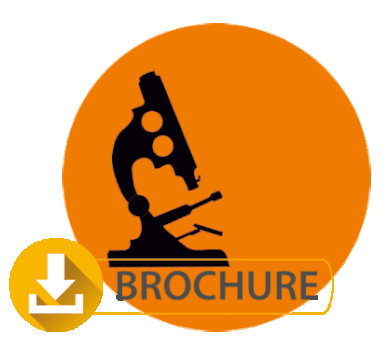Mohammad Tauseef
Chicago State University, USA
Title: Metformin prevents high glucose induced disruption of coronary artery endothelial barrier function and accelerates wound healing
Biography
Biography: Mohammad Tauseef
Abstract
Despite the great strides have been made in treating hyperglycemia-induced vascular endothelial barrier dysfunction, current treatments have shown limited success in reversing vascular pathologies. During inflammatory conditions, such as diabetes mellitus, endothelial cell-cell junctions start to disrupt because of the internalization of the junctional proteins, such as Vascular Endothelial (VE) cadherin. This leads to the formation of minute inter-endothelial gaps, and the infiltration of protein-rich fluid and immune cells in the interstitial space. If remaining unchecked, the persistent buildup of edema underlying the endothelial lining sets the stage for the serious life-threatening complications. Wound healing impairment is also increasingly recognized to be a consequence of hyperglycemia-induced dysfunction of endothelium in type 2 diabetes mellitus (T2DM). Metformin, an oral antihyperglycemic agent, is the first line drug in the clinic for patients with T2DM. We hypothesized that the metformin prevents high glucose-induced endothelial barrier dysfunction and accelerates the wound healing process in human coronary endothelial cells (HCAE) via preventing the destabilization of junctional protein, VE-cadherin. Endothelial permeability and wound healing process were evaluated by using state of the art Electric Cell-Substrate Impedance Sensing (ECIS) mechanism. Our data show that high glucose concentration increased endothelial permeability and abrogated the wound healing process. Metformin significantly prevented the alteration of endothelial barrier function and enhances the wound healing process. Metformin also prevented Myosin Light Chain Kinase (MYLK) phosphorylation and increased in VE-cadherin expression in presence of high glucose concentration in HCAE. In conclusion, metformin is emerging as a potential therapeutic treatment for improving endothelial barrier function to prevent and treat coronary artery disease in diabetes mellitus.

